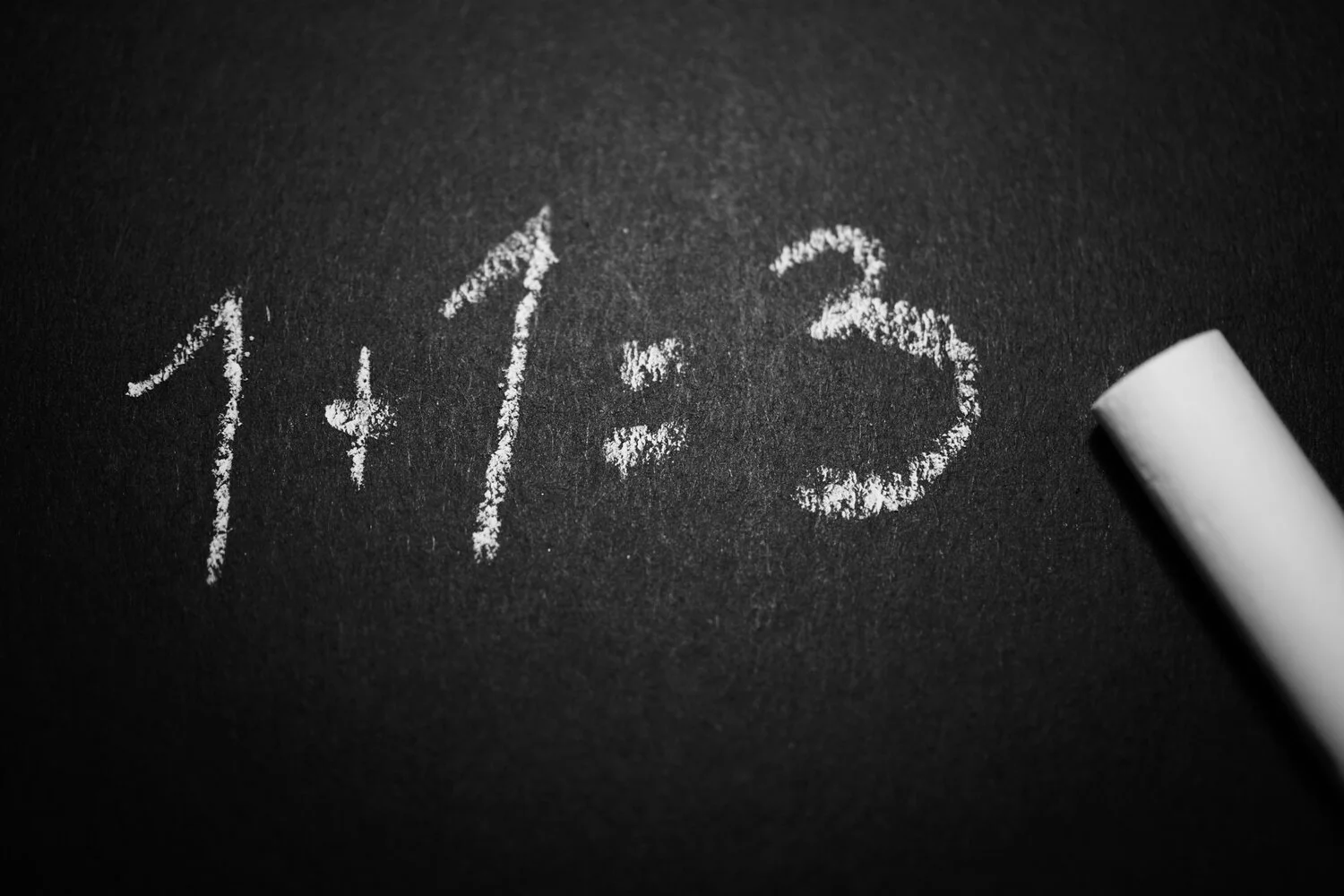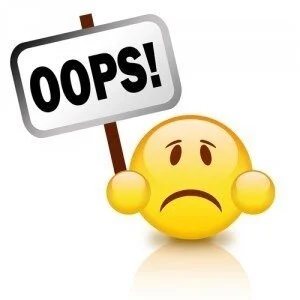MAKING HUMANS HARDER TO FOOL
By Master Coach Kesh
Approximate Reading Time: 4-6min
With the advent of the information age, the challenge for all of us is to know which sources to trust and how to distinguish good information from bad. At Restore Human we want more people to have access to good quality information upon which they can base important decisions.
Here are some examples of good and not-so-good sources of information and some things to look out for when making your decisions on who to trust.
NETFLIX DOCUMENTARIES: NOT SO GOOD!
Netflix documentaries (and most media outlets) come with a pre-packaged agenda. Slickly produced, psychologically savvy, these shows are designed to tug at your conscience and bypass your logical side! Now this isn’t to say that there can’t be good aspects to the information but be very wary of the definitive nature of some of the conclusions. I will lay out some of the spurious science that these shows employ to manipulate our thinking at the end of this article.
EDUCATIONAL COMPANIES THAT CATER TO A WIDE DEMOGRAPHIC: GOOD!
Companies like Precision Nutrition, Functional Range Conditioning, Movement University, Sustainable Dish - these entities work hard to be EVIDENCE-BASED in terms of how they present their conclusions. With a long track record of successful outcomes for a wide array of issues and humans, the motivation is clear in terms of wanting to help you make better decisions for yourself rather than dictating things to you.
INSTAGRAM/FACEBOOK AND GENERAL SOCIAL MEDIA: VERY VARIABLE!
Social Media is a tricky one because there can be excellent information to be gained from certain folks, but equally there is some very dubious stuff there too! It all comes down to having a filter to help sift through information and thats what I want to touch on next
WHAT MAKES INFORMATION ‘GOOD’ OR ‘BAD’?
A very simple way of categorizing information quality is to look for the bad first: and these bad qualities can be summed up by what are known as ‘logical fallacies’ - let’s take a look at some common ones:
LOGICAL FALLACIES:
APPEALS TO AUTHORITY
This is when the author attempts to persuade us that an authority figure (that agrees with their own agenda) is infallible and that if they believe something so should we. Other, equally authoritative figures and viewpoints don’t get a look in as they might confound the issue.
FALSE PREMISE TAINTING THE SUBSEQUENT ARGUMENTS (NO MATTER HOW COMPELLING!)
Many authors will quietly frame a starting viewpoint as undeniable fact that then makes the subsequent logic infallible. Is the starting viewpoint really so cut and dried in its correctness though?
QUICK TO GENERALIZE
Claims made with very little supporting evidence or heavily biased to the original agenda should get us very wary!
CONFUSING CORRELATION WITH CAUSATION
Just because one thing happened after another it doesn’t necessarily mean that there was a causative effect, it could just be happy (or unhappy!) coincidence.
CIRCULAR ARGUMENTS
If an author continually restates the original premise in different ways as opposed to working on proving it we need to keep our skeptical side primed.
These are just some of the tools the savvy ‘expert’ uses to manipulate our thinking. But not all experts are out to fool us, and this is key to remaining alert and skeptical without becoming paranoid. How do we tell then if a source or expert is working for the common good?
TRUE EXPERTISE:
PRESENTS A NON-BINARY VIEWPOINT
This is a real key way in which those who accept that complex issues aren’t cut and dry present their findings. By acknowledging that there are always two sides to every argument, you’ve got an opportunity to let the reader explore both sides independently and begin to become more informed overall.
INTELLECTUAL HONESTY
We all have biases and blind-spots. By freely admitting these and still attempting to work for the truth, real experts build an understanding of their subject that looks to mould a way of thinking and absorbing information rather than proselytizing.
DEPTH OF RESEARCH
Does the author actually present quality information that’s up-to-date with modern thinking? If the only studies and authorities stated are 50-60 years old and have been challenged by newer science then there isn’t a really deep pool of data or viewpoints to consider and we are back to APPEALS TO AUTHORITY (LOGICAL FALLACY #1)
ADMITTING WHEN THEY ARE WRONG
A very important point to consider: does the expert ever make a mistake and admit to it? If not there’s a very good chance they simply cannot let go of their ego, whereas an expert who is happy to admit when better information or arguments are made will simply state that and work harder to improve their understanding.
There are many other ways to recognize true expertise but I hope this small list helps you next time someone presents a viewpoint as ‘definitive’, whether in conversation, documentary, online or news form.






